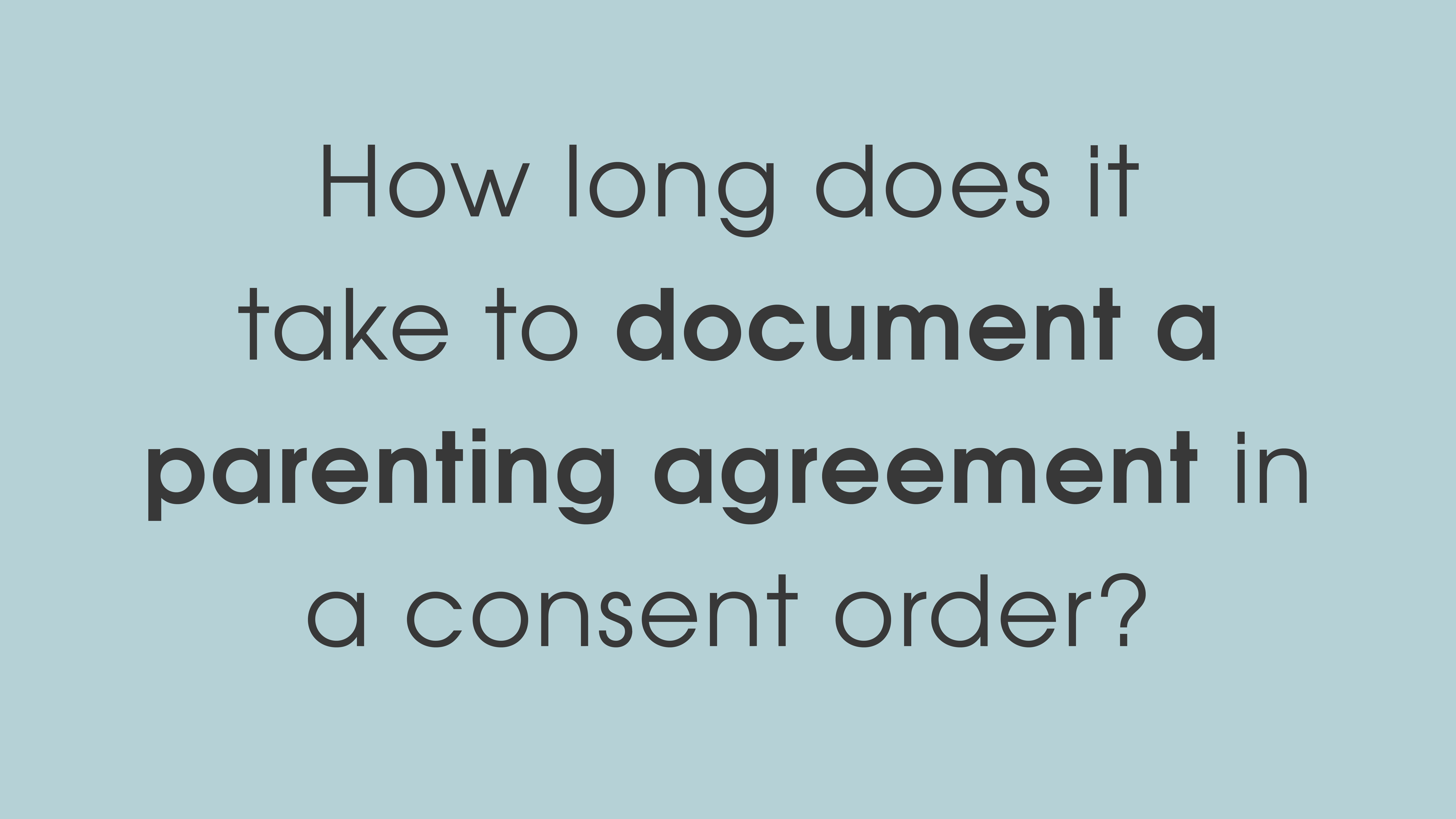Finding Healing and Renewal: Why Therapy Can Be Invaluable After Divorce

Divorce and separation, or the end of a long-term marriage, is undoubtedly one of life’s most significant and emotionally charged events. This transformative experience often triggers a complex mix of emotions, including grief, anger, and loss. While lawyers can assist with the legal aspects of divorce, therapy offers a unique and essential role in helping individuals navigate the emotional challenges that come with it. In this article, we’ll explore why therapy can be incredibly helpful after divorce, the importance of processing your emotions, and who you can turn to for support.
The Impact of Divorce: A Major Life Event
Divorce is more than just the dissolution of a legal contract, it represents the end of a significant chapter in one’s life. The emotional toll of divorce can be profound, and it often involves grieving the loss of the relationship, the shared dreams, and the future you had envisioned together. These emotions can be overwhelming, and without proper support, they may lead to long-term emotional distress.
Divorce triggers a grief cycle similar to the one experienced after the loss of a loved one. Understanding and working through this cycle is essential for emotional healing and recovery.
At first, you may find it hard to accept the reality of the divorce. You may hope for reconciliation or deny the significance of the change. As the reality sets in, you may experience anger toward your ex-spouse, yourself, or the situation itself. During this phase, you might attempt to bargain, negotiate or change the circumstances that led to the divorce, even if it’s not within your control. Feelings of sadness, loss, and despair can become overwhelming. Depression is a natural response to this profound life change. Over time, with healing and self-reflection, you can reach a point of acceptance where you begin to rebuild your life and envision a future without your ex-spouse.
Benefits of Therapy
Therapy provides a safe and non-judgmental space to express your feelings, thoughts, and concerns. A therapist can help you navigate the emotional turmoil of divorce. Speaking with a mental health professional can validate your experiences and emotions, reassuring you that your reactions are normal and understandable.
Therapists equip you with practical tools and coping mechanisms to manage stress, anxiety, and depression effectively. Therapy can help improve your communication skills, particularly if you’re co-parenting with your ex-spouse. Effective communication is vital for reducing conflict and ensuring the well-being of your children.
Importantly, mental health professionals can provide a fresh perspective on your situation, helping you see opportunities for growth and self-discovery during this challenging time.

Who You Can See
Various mental health professionals can provide support after divorce:
1. Counsellors or Therapists: Counsellors often specialise in providing talk therapy to address emotional and psychological challenges. They can help you process emotions and develop coping strategies.
2. Psychologists: Psychologists are trained to diagnose and treat a wide range of mental health conditions. They can offer evidence-based therapies to address specific emotional challenges.
3. Psychiatrists: Psychiatrists are medical doctors who can provide therapy and prescribe medication if necessary, particularly for individuals dealing with severe depression, anxiety, or other mental health disorders.
Therapy can be a lifeline during the challenging journey of divorce, separation, or the end of a long marriage. It offers a safe and supportive environment to process emotions, navigate the grief cycle, and develop essential coping skills. While lawyers can address legal matters, therapists and mental health professionals are uniquely qualified to help you heal emotionally and lay the foundation for a brighter, healthier future. Remember that seeking therapy is an act of self-care and strength, not a sign of weakness, and it can be instrumental in your journey toward emotional healing and renewal after divorce.
Contact the best family lawyers on the Sunshine Coast and Brisbane for personalised assistance tailored to your unique circumstances. Your journey toward strength and grace begins with Life Law Solutions.





